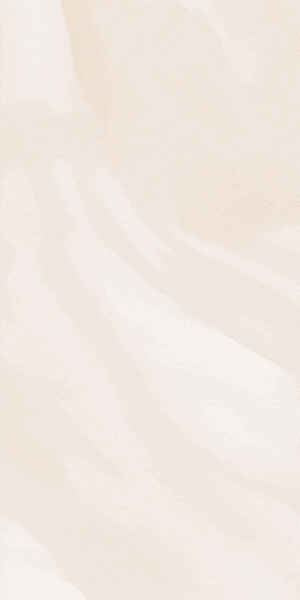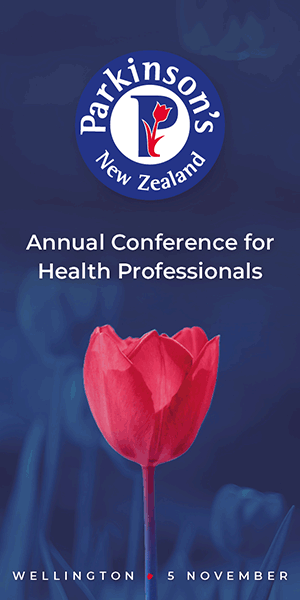Wait is leading pay negotiations for 30,000 nurses and other health workers at district health boards (DHBs), who are considering strike action.
It is not yet clear if, or how, the freeze will affect the negotiations, but it was an “unpleasant bolt from the blue”, he said. “It’s a blanket approach that disrespects the entire public service, including our members. It completely devalues the work our members do.”
Wait said NZNO would not know what the impact would be until mediation with the DHB bargaining team scheduled for May 18-19. It might have no effect if it kicked in after June 30, but this was not yet clear.
‘Moderation and restraint’
Making the May 5 announcement, Public Service Minister Chris Hipkins said an existing 12-month freeze, ending in June, would be extended for the next three years “across the public service”. He said it was “important for the public service to show moderation and restraint”.
The freeze was technically considered guidance – but most of the public service, including the Ministry of Health, must pay heed to it. It was immediately slammed by health and wider public service unions.
Staff earning between $60,000 and $100,000 – about half of the public service – could only get pay increases under select circumstances. This would be if there were recruitment pressures within that sector that could not be met through modest progression increases.
There would be no pay increases for people earning more than $100,000.
Wait said the announcement could not only have “significant” impacts on negotiations, but also DHBs’ ability to attract and retain staff.
NZNO industrial services manager Glenda Alexander said the extension could stifle ongoing efforts to resolve gender pay equity, and the “longstanding undervaluation” of members’ work.
“Three years effectively freezing our pay rates would put us backward in closing the gender pay gap between the female-dominated nursing occupation and male-dominated occupations, many of which are in the private sector.”
Nurses, midwives, healthcare assistants and kaimahi hauora employed by DHBs could all be affected by the announcement.




